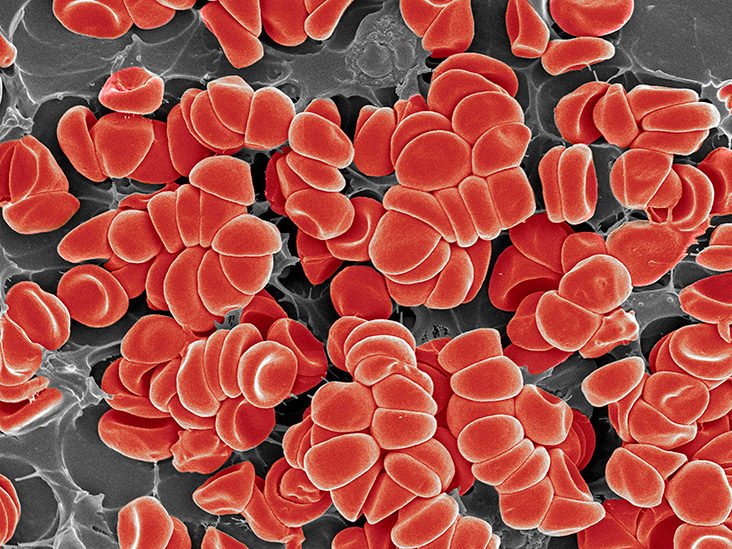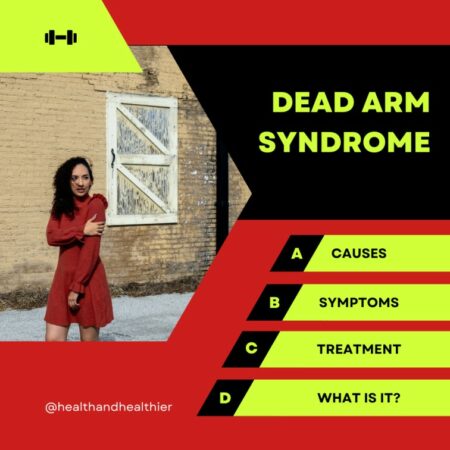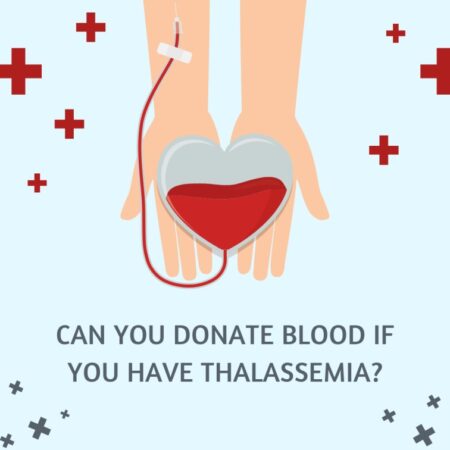Hypoproteinemia or low protein in the blood is common in many individuals of all ages. Most people have normal or high plasma protein levels. Hypoproteinemia may be caused by many factors including heredity, aging, infection, and trauma. Certain health conditions including diabetes, kidney disease, hyperlipidemia, and chronic liver disease may cause abnormal accumulation of protein in the body.
Hypoproteinemia and hypokinesia (lack of memory) are separate conditions. Hypoproteinemia refers to a deficiency of adequate proteins, which affects tissues and organs. Hypomnesia is a disorder in which people fail to recall or remember things. Both conditions are reversible.
Table of Contents
Causes of Hypoproteinemia
- Different Causes For Different Gender – In women, the primary causes of hypoproteinemia are insulin resistance, tumors, and infection. In men, causes of hypoproteinemia include chronic liver disease, alcoholism, and viral encephalitis. The symptoms of hypoproteinemia in pregnancy are similar to symptoms of hypoproteinemia in men. Women tend to have less hypoproteinemia due to decreased insulin levels and higher levels of estrogen. In some cases, pregnancy causes of hypoproteinemia are unknown.
- Consuming Too Much Protein Is Not Good – Some people believe that hypoproteinemia can be prevented by eating too much protein, but this isn’t always the case. If you do not eat enough protein, your body will be unable to absorb enough protein. This can lead to malnutrition and nutritional deficiencies. Many people believe that some types of cancer are caused by hypoproteinemia, but doctors are not sure if this is true.
- Undereating – Undereating will lead to hypoproteinemia. For example if a person does have enough money to buy food which consists of enough protein or if he is suffering from malnutrition it may lead to this condition. It also occurs in people who has restricted proteins in their diet.
- Liver & Kidney Disorders – If the liver isn’t functioning fully, the body might not be ready to get enough protein to hold out its vital functions. This will occur in people with a spread of liver disorders, including hepatitis or cirrhosis. The kidneys help filter waste products from the blood into the urine. When functioning correctly, the kidneys allow protein to remain within the bloodstream. However, when the kidneys are damaged or aren’t functioning fully, they’ll leak protein into the urine.
- Celiac Disease – Celiac disease is an autoimmune disorder during which the system mistakenly attacks the body’s cells within the intestine . This reaction occurs when an individual eats foods that contain gluten, a protein that happens in wheat, rye, and barley. You can also read more about celiac disease in our previous blog.
- Ample Amount Of Protein Required – In most people, the body needs protein to build new cells and to maintain muscle strength. The body also requires protein to produce growth hormones. If you don’t get enough protein or your body does not absorb enough protein, it could lead to hypoproteinemia.
Symptoms of Hypoproteinemia
A person with hypoproteinemia will most likely have symptoms of the disorder. These symptoms include a lack of energy, bloating, constipation, fatigue, mucus in the stool, and headaches. Some people experience only one or two of these symptoms, while others experience them all. The severity of each symptom can vary, from mild to severe. If left untreated, some symptoms may continue into labor.
Diagnosis of Hypoproteinemia
There are several ways to diagnose hypoproteinemia, including blood tests. The blood test measures the ratio of protein to creatinine in the blood. The levels should be low in a person with hypoproteinemia, but they could be too high in a person with celiac disease. Other ways to diagnose hypoproteinemia include performing a biopsy of the small intestine. Small intestine biopsies can show the levels of protein and creatinine in the body.
Treatment for Hypoproteinemia
- Most patients with hypoproteinemia can go on diet and exercise programs such as yoga that increase the level of their proteins.
- In patients who do not respond well to diet and exercise, doctors may need to give them prescription medications to increase the level of proteins in their bodies.
- In the worst cases, patients may need to receive an injection of albumin, a protein used in protein synthesis. This form of treatment can be used to treat many forms of hypoproteinemia including allergic reactions to proteins, kidney disease, peripheral artery disease, liver disease, and multiple myeloma, a cancerous condition that affects the spinal cord and brain.
- When symptoms of hypoproteinemia are detected, the doctor will most likely recommend a diet that is rich in protein, such as meat, chicken, fish, eggs, and lentils. This will help provide the body with enough protein to produce healthy muscles and tissues.
- In addition to diet, the person with hypoproteinemia may need to take vitamin and mineral supplements to help compensate for the lack of essential vitamins and minerals in their diet.
- This treatment may also be combined with treatment for an iron deficiency. This treatment is usually used for cases where symptoms of hypoproteinemia are mild, although it may be used in some severe cases too.
Animal Products Has Low Protein Content
One reason that animal proteins have been found to contain less protein than plant products is that animal proteins are broken down before they are used as food. Plants are a more complete source of nutrients. Protein is broken down in the digestive system before it is absorbed. This means that the body does not necessarily require as much protein from animal sources as it does from plant sources. Animal proteins can also be difficult for the body to digest, leading to digestive ailments such as IBS, Crohn’s disease, irritable bowel syndrome, and others.
Pregnant Women With Hypoproteinemia
Pregnant Women May Need to Take Supplements Even if You Have Normal Cholesterol Levels. Protein is needed by pregnant women because it helps provide the extra protein that their babies may not get enough calories from. In addition, some foods are just too hard for the growing baby to take in. Protein supplements can help fill the gap and reduce the risk of hypoproteinemia during pregnancy.





